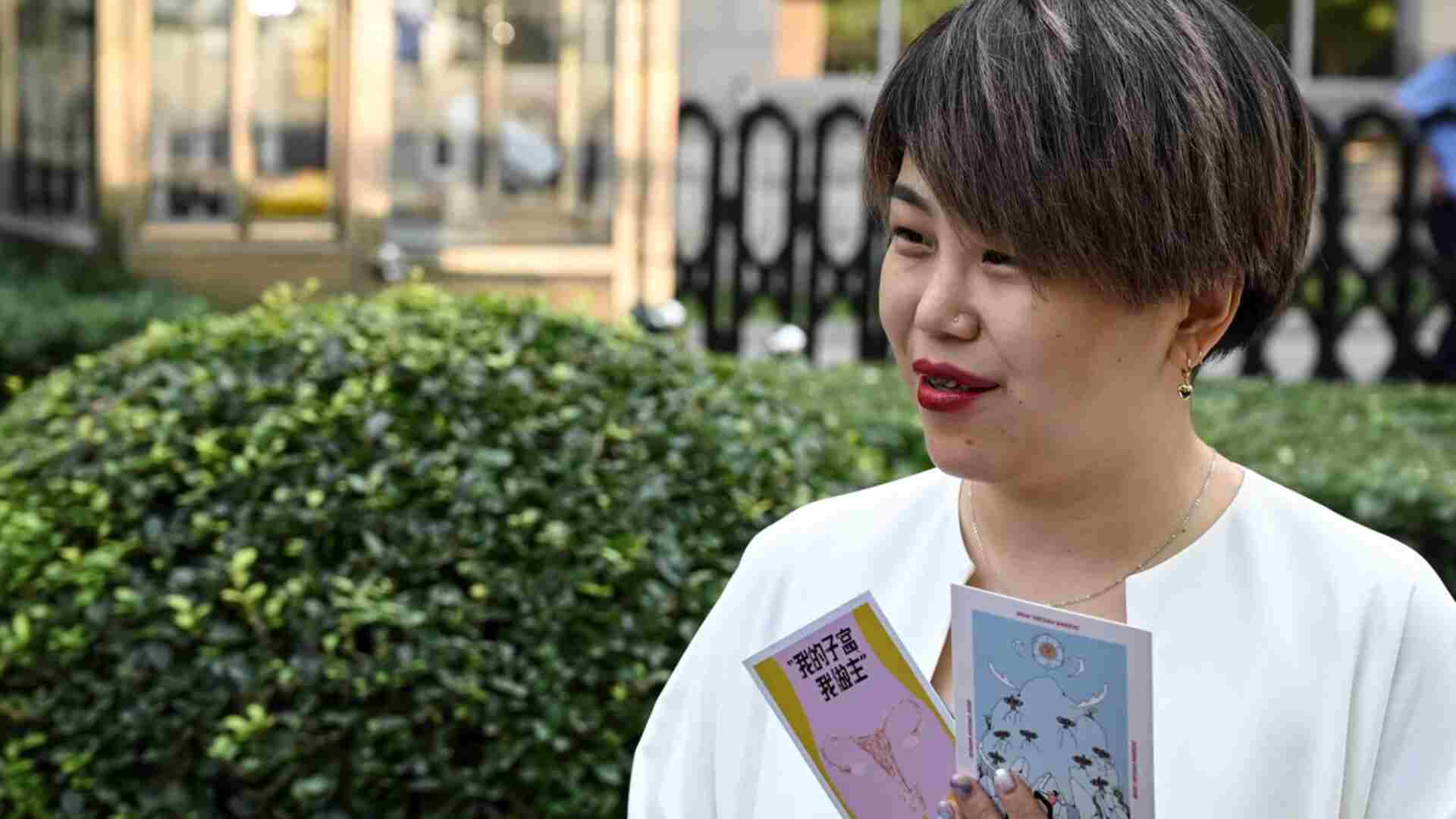In a legal battle over reproductive rights, a court in Beijing has ruled against Teresa Xu, an unmarried woman who had sought the right to freeze eggs. The Chaoyang Intermediate People’s Court upheld the decision of a hospital that had denied Xu access to the procedure, citing regulations that require women to be married in order to undergo egg freezing.
The 36-year-old Xu, who has been fighting for this right for six years, announced the court’s decision via livestream on Wednesday. “This isn’t outside of my expectations,” Xu said, reflecting on the prolonged legal struggle. “All these years, we finally have an end, and an answer.”
Xu’s journey began in 2018 when she first approached the hospital at age 30 with a request to freeze eggs. She was initially given a consultation but was denied the procedure upon disclosing her marital status. Chinese hospital regulations stipulate that egg freezing is only available to married women.
The denial was accompanied by advice from the doctor, who suggested that Xu should prioritize having a child over focusing on her career. Xu expressed frustration with this advice, noting, “I was looking for a professional service, but got this life advice instead.”
Despite exploring options abroad, Xu found the costs prohibitive. Her legal battle began in 2019, but the process was delayed by the pandemic. The court’s 2022 judgment affirmed that the hospital’s denial did not constitute a rights violation. Xu chose to appeal the decision, driven by a desire to influence societal attitudes and policies regarding reproductive rights.
Though the ruling was not in her favor, Xu noted the court’s positive language regarding potential future changes in policies. “As our country’s policy on births is adjusted, relevant medical and health laws, regulations, diagnosis and treatment standards and medical ethics standards may also change accordingly,” she said.
This case highlights ongoing debates about reproductive rights in China and may influence future legal and policy developments in the country.







